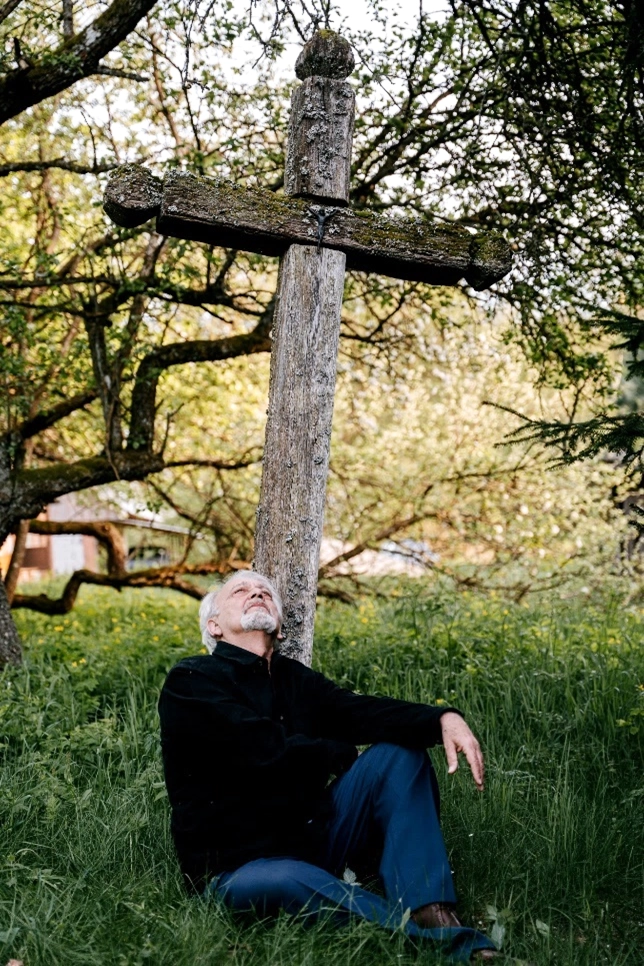
Transferring ownership of a cemetery plot can be a significant gift for a recipient who needs to make advance burial plans. Or buying a plot for yourself could make sense — so your heirs don’t have to.
And, you might wonder, what about holding plots to sell? Do gravesites count as stores of value?
No, cemetery plots are usually not considered financial investments. But when someone intends to use — or let someone else use — a cemetery plot, understanding the transfer process is important.
Yes, Cemetery Plots Are Real Estate. But…
Holding a deed for your body’s eternal resting space does not make you the owner of the land. In fact:
- The cemetery company owns the land, as it holds the deed to the cemetery.
- Prices for transferring plots help pay for upkeep of the whole cemetery.
- States limit the ways gravesites may be exchanged.
Thus, transferring a burial site takes advance planning, and can get complicated.
Yes, It’s Complicated. State and Local Laws Vary.

Got a specific cemetery in mind? You’ll learn the basics by calling the cemetery. The management can offer information on the exchanges of sites.
Some cemeteries do buy back plots, or allow the deed holders to transfer them. Ask about the required forms and transfer fees (which can be quite steep).
Also, check your state and local laws and regulations. In most states, once you hold the deed to a cemetery plot, you can bequeath it to a beneficiary through your will. Without a valid will, some states won’t let you transfer the plot to anyone else without the local government’s permission. And if you’re selling the plot, your state might require you to offer a right of first refusal to the cemetery, at a capped price.
Some private or locally run cemeteries may follow their own customs for transferring gravesites. They might, however, let you sell only with the consent of living relatives. This happens if a plot is left to you because you have burial rights as an heir — and you aren’t specifically named as a plot’s deed holder.
So again, call the cemetery. Talk with its representative. If and when the cemetery manager is on board with your plot transfer request, and you have the necessary government permission (if applicable), check with your local recorder of deeds to be sure there’s a deed on file. The county will accept paperwork that changes the deed holder’s name. There may be other required documents, too, like a local transfer form to be filed with the deed transfer.
So, How Much Does a Cemetery Plot Actually Cost?
Private cemeteries tend to be pricier than town cemeteries. City plots tend to cost a lot more than country gravesites. Costs are sometimes capped by state consumer-protection laws.
Location matters, and a gravesite can cost anywhere from around several hundred dollars in a small town, to upwards of $100,000 in a swanky cemetery. Headstones are sold separately, as are the memorial services and the burial work. Burial vaults or liners are necessary extras that go for anything from $500 to $2,000.
Today’s cemeteries do offer cheaper alternatives, like cremation and burial in a dedicated space for urns. Prices vary by cemetery.
Note: The federal government protects people against overzealous funeral salespeople pushing “extras” on heirs. Be sure to review the FTC’s Funeral Rule for information.
Purchasing Grave Sites in Advance? Think It Through.
As high as burial costs run, some plots today go unused by the people who bought them, or by their heirs.
In the past, families would buy sections of cemeteries so plots could be passed down through generations. Today, people move more; and couples and families are more likely to separate than in days gone by. Many people in today’s generations choose cremation or natural burials. Some donate their bodies to science; and so forth. So it’s harder to know a plot, once reserved, will be wanted.
And burial plots that people buy in advance are often non-refundable. Working out an exchange with another cemetery or selling a plot outright (especially one in a particular family’s section) can take a good deal of effort.
Rather than buying burial space in advance, then, some people put money in an interest-bearing account for their heirs to handle burial arrangements at their discretion.
Veterans: You might not need to make a purchase at all. In states with have national cemeteries, you and your family members could have burial benefits already assigned to you.
I Have a Cemetery Plot I Don’t Need, and No Clue Where to Transfer It. Is There a Market?
You could have several possible ways forward:
- There are cemetery plot exchanges online, and you’ll find plots offered on social media and local marketplace sites. As always, proceed with caution. Scammers do hunt for people’s personal and financial details on such sites, so keep your eyes open. Some users of cemetery plot exchange sites have reported receiving unwanted and insistent messages from people online.
- If you have an unnecessary burial plot that you cannot (or would rather not) sell, you could have it appraised for tax deductibility purposes, then donate it to a charity.
- Some cemeteries buy back plots. Sometimes, the only way you’ll be allowed to transfer a plot is to return it to the cemetery, or sell it through the cemetery’s company.
Finally, if you do nothing, and no other heirs step up, your plot could eventually revert to government ownership. Deeds that go unused for 50 years from their time of purchase might need to be renewed by someone in the buyer’s family. Check your state’s legal provisions. In any case, as you can see…
Keeping Heirs in the Loop Matters.
Putting your wishes in your will is important. If you are buying, accepting, or transferring a deed to a cemetery plot, state your intentions in writing. This helps your loved ones deal with decisions that must be made during a time of stress and grief. It also helps a cemetery act when the time comes.
And don’t forget to explore your own burial options, if transferring your plot to someone else could leave you without a plot of your own.
At the end of the day, reserving a plot could make sense for older adults who are sure where they want to be buried. if you are buying plots to help friends or relatives because it feels like the right thing to do, that’s your call. Holding the title to a cemetery plot may not turn out as planned — but it could also be needed and appreciated. Consider talking to a wills & trusts attorney about your specific questions, and your estate plans in general.
Supporting References
City of Beavercreek, Ohio, via BeavercreekOhio.gov: FAQ – Cemeteries.
Ann Marie Maloney for Kiplinger.com: Buying a Burial Plot Is a Grave Decision (Feb. 17, 2021; citing a rep for the Funeral Consumers Alliance as interviewed for Kiplinger / Future US, Inc.)
Jim Miller for The Savvy Senior, via the [Honolulu] Star-Advertiser: To Sell Burial Plots, Use Broker or Do It Yourself With Caution (Aug. 2, 2022).
And as linked.
More on topics: Probate, Homeowner estate planning
Photo credits: RDNE Stock Project and Ivan Samkov, via Pexels/Canva.
